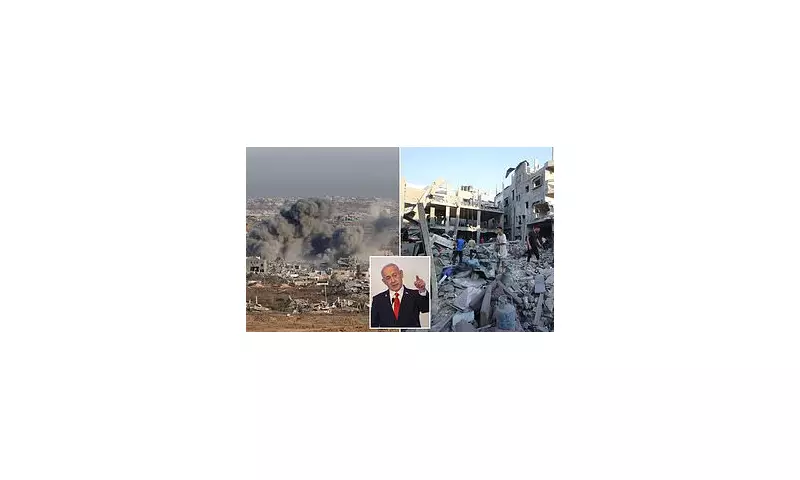
Israeli Prime Minister Benjamin Netanyahu has ignited controversy by openly advocating for the occupation of Gaza, a move that has drawn sharp criticism both domestically and internationally. Meanwhile, reports suggest that Israel's top military commander has privately urged Netanyahu to resign, citing fundamental disagreements over the country's strategic direction.
Netanyahu's Provocative Stance on Gaza
In a statement that has sent shockwaves through diplomatic circles, Netanyahu declared that Israel should maintain control over Gaza indefinitely. "We need permanent security control," the Prime Minister asserted, framing the occupation as essential for Israel's survival.
This hardline position comes despite growing international pressure for a political solution to the decades-long conflict. Analysts suggest Netanyahu's remarks may be aimed at shoring up support among his right-wing base amid mounting political challenges.
Military Leadership in Open Revolt
The Prime Minister's stance appears to have created a rift with Israel's military establishment. According to sources within the defense establishment, Chief of Staff Herzi Halevi has reportedly told Netanyahu he should "consider stepping down" over their diverging views on Gaza strategy.
Military insiders describe an increasingly tense relationship between the political leadership and armed forces, with senior commanders expressing concerns that Netanyahu's approach could lead Israel into perpetual conflict without clear strategic objectives.
Domestic and International Fallout
The developments have triggered:
- Fierce debate in Israel's Knesset, with opposition leaders condemning Netanyahu's remarks
- Expressions of concern from Western allies about escalating tensions
- Protests in Gaza and the West Bank against the occupation comments
- Speculation about potential early elections in Israel
Political observers note that Netanyahu's position appears increasingly isolated, with even traditional allies expressing reservations about his Gaza strategy. The public disagreement with military leadership marks a significant escalation in Israel's internal security debate.





